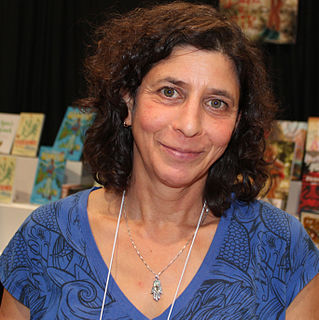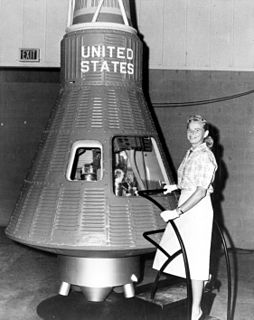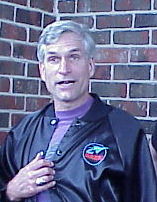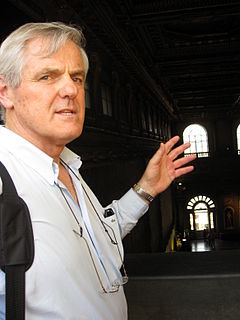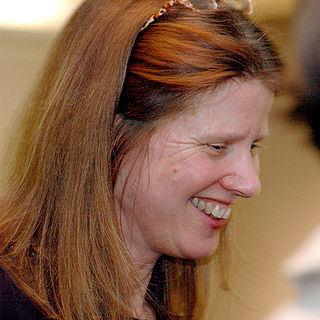A Quote by Haruki Murakami
When I was little, I had this science book. There was a section on 'What would happen to the world if there was no friction?' Answer: 'Everything on earth would fly into space from the centrifugal force of revolution.' That was my mood.
Related Quotes
But although the attractive virtue of the earth extends upwards, as has been said, so very far, yet if any stone should be at a distance great enough to become sensible compared with the earth's diameter, it is true that on the motion of the earth such a stone would not follow altogether; its own force of resistance would be combined with the attractive force of the earth, and thus it would extricate itself in some degree from the motion of the earth.
It is one of the most fatal illusions that, by substituting negotiations between states or organized groups for competition for markets or for raw materials, international friction would be reduced. This would merely put a contest of force in the place of what can only metaphorically be called the "struggle" of competition and would transfer to powerful and armed states, subject to no superior law, the rivalries which between individuals had to be decided without recourse to force.
I like the sci-fi channel. Just science in general. I came across a segment on time travel and how time travel is possible. We create a spaceship that's moving at almost the speed of light, we go in that spaceship in outer space, and we fly around for a year, when we get back to Earth, Earth would've aged 10 years.
I have always been intensely uncomfortable with the idea of a science fiction writer as prophet. Not that there haven't been science fiction writers who think of themselves as having some sort of prophetic role, but when I think of that, I always think of H.G. Wells - he would think of what was going to happen, and he would imagine how it would happen, and then he would create a fiction to illustrate the idea that he'd had. And no part of my process has ever resembled that at all.
Question four: What book would you give to every child? Answer: I wouldn't give them a book. Books are part of the problem: this strange belief that a tree has nothing to say until it is murdered, its flesh pulped, and then (human) people stain this flesh with words. I would take children outside and put them face to face with chipmunks, dragonflies, tadpoles, hummingbirds, stones, rivers, trees, crawdads. That said, if you're going to force me to give them a book, it would be The Wind In The Willows, which I hope would remind them to go outside.
The use of force is always an answer to problems. Whether or not it's a satisfactory answer depends on a number of things, not least the personality of the person making the determination. Force isn't an attractive answer, though. I would not be true to myself or to the people I served with in 1970 if I did not make that realization clear.
When you publish a book, you do so in part to end the silence. All censorship is silence. I would never, as an author, feel right requiring a young person whose family would object to the book to read it. Just as I would never force that person to read it, I would ask those folks to not force others not to read it. To me, that is just good manners.
I had read [Charles] Dickens's novels were often published serially. I thought it would be fun to write a book, just sitting down and writing a chapter every day, not knowing what would happen next. So that's how I wrote the first draft. And then of course I had to go back and make sure everything worked and change things.



